Neuroscience
-
 Neuroscience
NeuroscienceCancer drug’s usefulness against Alzheimer’s disputed
A preliminary report questions the anti-Alzheimer’s activity of a cancer-fighting drug.
-
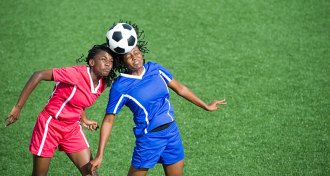 Neuroscience
NeuroscienceMouse study offers clues to brain’s response to concussions
The brain needs time to recover between head hits, a study in mice suggests.
-
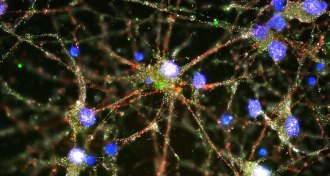 Neuroscience
NeuroscienceImmune system gene leads to schizophrenia clue
Excessive snipping of nerve cell connections may contribute to schizophrenia.
-
 Health & Medicine
Health & MedicineMonkeys with human gene show signs of autism
Genetically altered monkeys may help scientists understand autism.
-
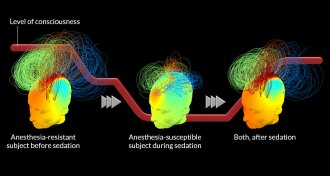 Neuroscience
NeuroscienceMeasuring brain waves may help predict a patient’s response to anesthesia
Brain signatures hint at whether a person will resist or succumb to anesthesia.
-
 Science & Society
Science & SocietyInsights into sexes’ differing responses to stress
Chronic stress takes its toll on everyone. One of our reporters follows a line of research suggesting that stress hits women harder (or at least differently) than men.
By Eva Emerson -
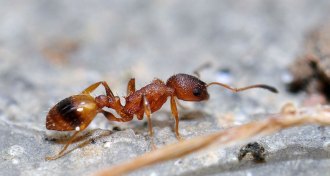 Animals
AnimalsAnts don’t make decisions on the move
Worker ants stand still while processing environmental cues and planning their next moves, a new study suggests.
-
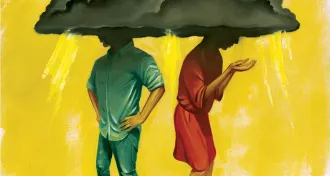 Neuroscience
NeuroscienceHis stress is not like her stress
When the pressure doesn’t let up, men and women react differently. The root of the difference may be messaging within the brain.
By Susan Gaidos -
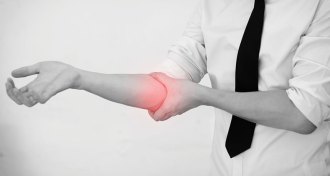
-
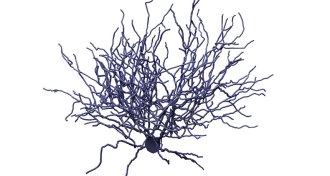
-
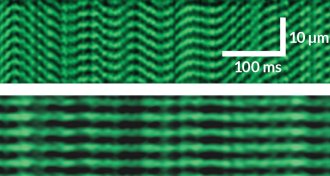 Neuroscience
NeuroscienceMini microscope is a window into live muscle tissue
A tiny microscope offers unprecedented views of live human muscles.
-
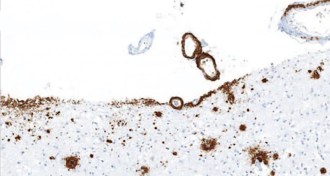 Neuroscience
NeuroscienceYear in review: Alzheimer’s protein behaves like a prion
Under rare conditions, an Alzheimer’s-related protein may have jumped between people, scientists reported this year.